Medical Additive Manufacturing: innovation at the interface between digital and physical worlds
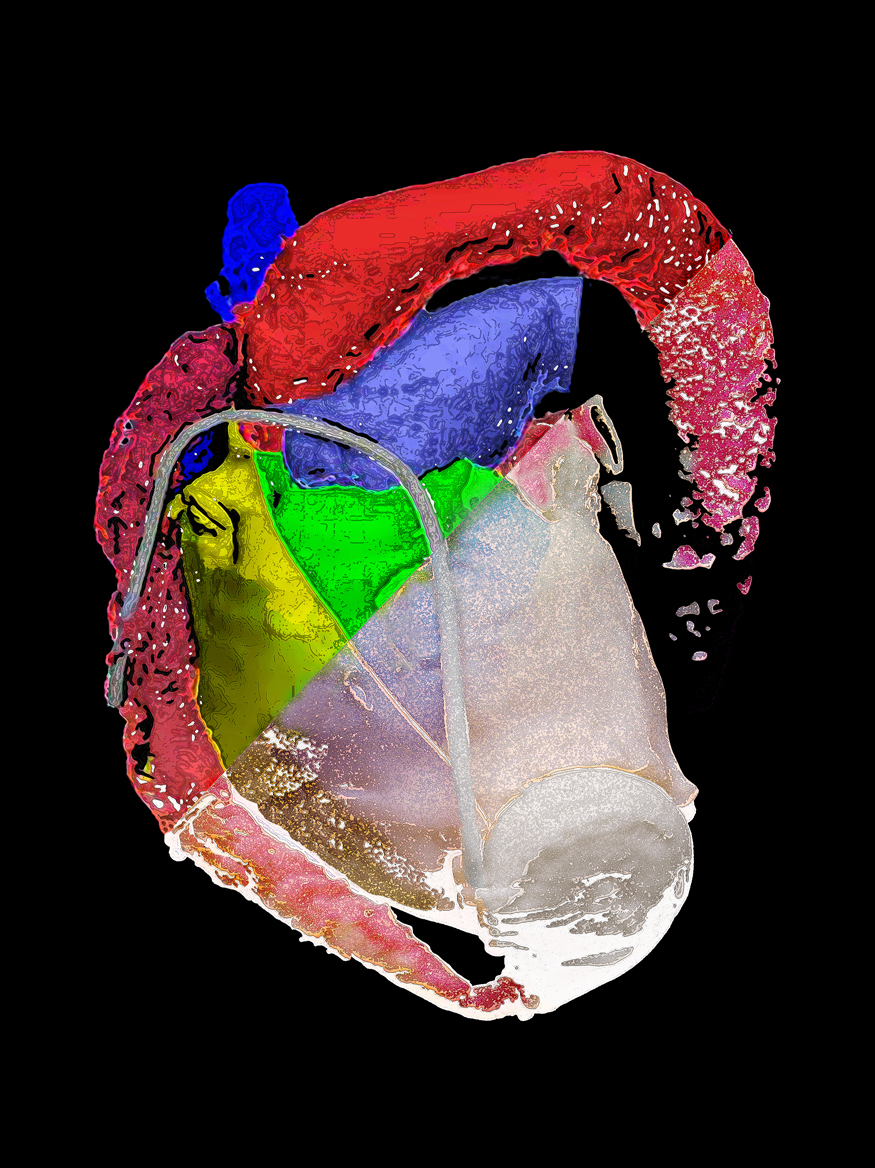
Modern medicine offers a wide range of high-tech solutions for the treatment of sick people: smart implants and prostheses, innovative surgical tools and techniques. However, since no two people are alike, these methods are sometimes not as effective as they could be, especially when treating small children or in advanced surgery with minimally invasive access in focus. Medical Additive Manufacturing aims at bringing the future of medicine towards truly “tailor-made” patient care, by allowing manufacturing of smarter implants and enable enhanced implantation techniques, that adapt to the patient anatomy and surrounding tissue biomechanics and function.
Research Area Representative
Francesco Moscato
P +43 (0)1 40400-39830
Research Groups
Additive Manufacturing for Medical Research Group | Cardiovascular Dynamics & Artificial Organs Group
More about this research area
Pre-operative Planning & Education
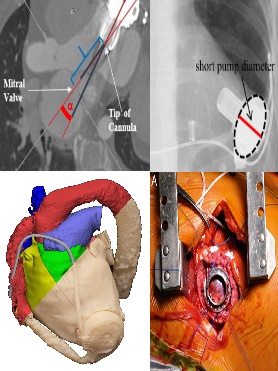
In times where interventions are getting less and less invasive, mostly guided not by the naked eye but using imaging of various sorts, pre-operative planning, navigation and training become very important if not necessary. 3D modeling and printing offer tools for enhancing the precision of surgical and interventional procedures, while at the same time even enable previously impossible operations.
Phantoms for Medical Imaging
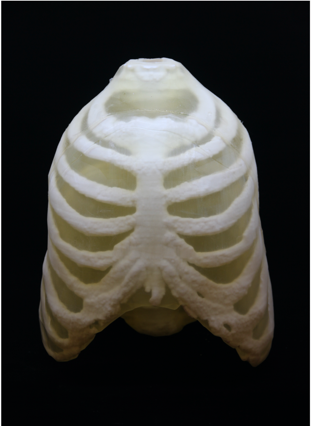
Three-dimensional printing has been very useful in the field of medical imaging by providing anthropomorphic phantoms that exhibit realistic properties (e.g. radiation attenuation) thus allowing the improvement of current imaging methods. These phantoms find application in dosimetry, quality assurance, and precision medicine.
Macro and Microstructures & Devices
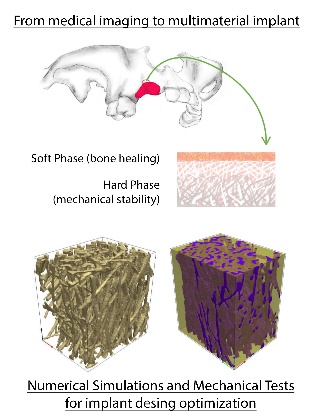
Implants typically support body functions at a macroscopic scale, drugs at a molecular scale. Additive manufacturing, with its ability to precisely manufacture parts at different scales has the potential to build a bridge between the macroscopic and the microscopic worlds, thus leading to a better integration of artificial implants with the human body.
Medical Device Design for Clinical Applications
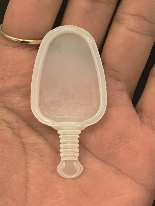
Additive manufacturing presents a unique capability of designing and developing patient-specific medical devices fitting to patients’ anatomy in unprecedented ways. This capability has sparked a great interest for experimental and clinical research focused on medical devices innovations.

